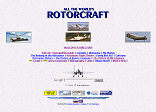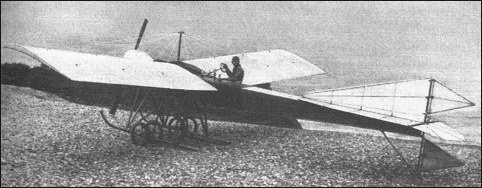|
| The Mercury was the third aircraft built by Robert
Blackburn. Powered by a 50hp Isaacson radial engine,
it was a two-seater and flew early in 1911.
| ENGINE | 1 x 50hp Isaacson radial engine |
| Mark Sebright, e-mail, 30.09.2014 12:56 I would like to seek permission to reproduce the images of the Mercury shown here in a press release concerning a new building at Bowcliff Hall celebrating the life of Robert Blackburn. All due copyright credit would be provided
I hope this is acceptable.
Mark Sebright
01943 468778 reply | | mike1204, e-mail, 07.06.2009 12:38 The need to train pilots led Blackburn to develop a larger, two-seat monoplane, which he christened Mercury. Isaacson provided a more powerful engine of 50 hp (37 kW) and the new machine, sometimes known in retrospect as the Mercury I, joined the Second Monoplane at the Blackburn Flying School; interest had been aroused in the Mercury by this time, and orders were received for eight aircraft. The first two, known under the designation Mercury II, were single-seaters, each with a 50-hp (37-kW) Gnome rotary and were built for the Daily Mail Circuit of Britain contest, which offered (a small fortune) £10,000 in prize money. The first machine was lost in a take-off accident, while the second had an adventurous career, being converted to a two-seater, and later being revised as a school machine with wings of greater span and receiving the designation of Type B. Of the remaining six Mercurys, the first (Mercury Passenger Type or Mercury III) had a 60-hp (45-kW) Renault engine, the second a 50-hp (37-kW) Isaacson engine, the third, fourth and fifth machines were powered by the 50-hp (37-kW) Gnome rotary, and the sixth had an Anzani engine of similar power. reply | | bod, e-mail, 07.09.2008 20:30 Mercury I development 1 x 50 hp Isaacson, span 38'4", length 33', gross wt lbs 1000, max speed 60 mph, No 1 off.
Mercury II the same except:
1 X 50 hp gnome, span 32', length 25', gross lbs 750, max speed 80 /85.
Mercury III the same except:
1 x 60 hp renault, 800 lbs, 85-90 mph No built 9 reply |
|
Do you have any comments?
|
| 
COMPANY
PROFILE
All the World's Rotorcraft
|











